Screen casing plays a vital role in the petroleum industry. As a pipeline product for filtering and screening oil, gas, water and other substances, during its use, the impact of corrosion, wear and other factors on its performance and life needs to be taken into consideration. Therefore, effective anti-corrosion measures are crucial for the stable operation of screen casing. The following is a detailed description of how screen casing performs anti-corrosion, including an introduction to the anti-corrosion background, research methods, and technical measures.
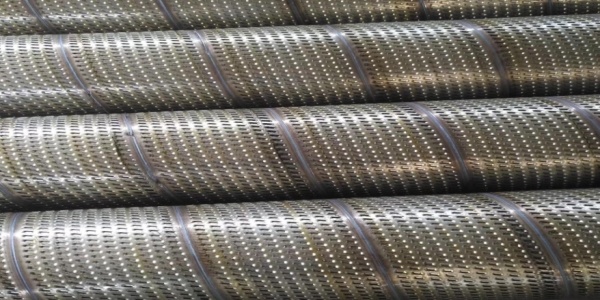
1. Anti-corrosion background and requirements
The downhole corrosion of screen casings, casing and tubing, casing pipe, and slotted casing pipe is mainly affected by electrochemical corrosion. This corrosion phenomenon mainly occurs on metal surfaces with high absolute values of electrode potential, such as casings and slots. between sieve tubes. Slotted screens are mainly used in oil and gas wells to control sand production and collapse of production layers, but common corrosion and scaling problems affect their service life and effectiveness. Therefore, the ability to prevent the slotted screen itself from failing due to corrosion while simultaneously protecting the casing from corrosion has become an urgent need. In addition, slotted screens are also required to have sand and scale prevention functions to ensure their effectiveness and reliability in oil, gas (water) resource extraction.
2. The reasons why the screen tube suffers corrosion in the oil layer are mainly related to the following aspects:
Oilfield associated water:
There is a large amount of associated water in the oil layer, which usually contains salts, acidic substances, dissolved oxygen and other components. The salts and acidic substances have the property of corroding metals, while the dissolved oxygen promotes the occurrence of oxidative corrosion. The associated water accelerates the corrosion process on the screen surface by contacting the metal.
Chemical corrosion:
The chemical environment in oil fields is complex and changeable, containing various corrosive substances, such as sulfides, oxides, etc. When these substances come into contact with the screen material, a chemical reaction will occur, accelerating the corrosion of the metal surface.
Electrochemical corrosion:
In an electrochemical environment, such as a body of water containing electrolytes, anodes and cathodes form on the metal surfaces, causing current to flow. An electrochemical reaction occurs between the anode and cathode formed at different parts of the screen tube, causing corrosion of the metal surface.
Microbial corrosion:
There are various microorganisms in oil wells, some of which can use organic matter in the oil field to produce acidic substances, which accelerates the corrosion process of metals. Microbial corrosion usually occurs in an environment with sufficient moisture and oxygen.
Mechanical wear:
Oil and gas fluids and solid particles in oil wells will cause mechanical wear on the screen surface. This wear will weaken the protective layer or coating of the screen, causing the metal surface to be exposed to a corrosive environment, accelerating the occurrence of corrosion.
3. Research solutions and technical measures
Electrochemical Corrosion Analysis
First, it is necessary to analyze the electrochemical corrosion behavior of slotted screens in the oil and gas well environment. In electrochemical corrosive media, the slotted screen tube must be protected against corrosion under the condition of protecting the casing, which requires that the absolute value of the electrode potential of the slotted screen tube is higher than the absolute value of the electrode potential of the casing. According to the commonly used API 5CT standard regarding the absolute value relationship of electrode potentials for oil casing and tubing steel grades, for example, the standard electrode potential absolute value relationships of N80, 110, and J55 are J55 < N80 < P110. If the steel grade of the casing is J55 Or N80, then the steel grade of the slotted screen should be P110 or a steel grade material with an absolute value of electrode potential higher than P110 to ensure its anti-corrosion performance.
Material selection
According to the electrochemical corrosion analysis results, select a steel grade material with a higher absolute value of electrode potential than the casing, such as P110, etc. In this way, the anti-corrosion ability of the slotted screen can be improved while protecting the casing, and avoid sacrificing the casing.
Anti-corrosion measures for gap surfaces
For the anti-corrosion work on the gap surface, methods such as T-adding process are used to enhance its anti-corrosion ability, and the absolute value of the electrode and potential on the gap surface is reduced to ensure that it has a certain anti-corrosion ability. This helps maintain the sand control and sand retention capabilities of the slotted screen.
Anti-corrosion coating
Coat the surface of the screen tube casing with a corrosion-resistant coating, such as epoxy resin coating, polyurethane coating, etc., to increase the anti-corrosion performance of the surface. This coating can effectively prevent oxygen, moisture and chemical substances from corroding the slotted screen tube.
Through the above research methods and technical measures, the anti-corrosion ability of the slotted screen tube can be improved on the premise of protecting the casing, while focusing on the anti-corrosion work on the gap surface to enhance its anti-corrosion ability. In this way, the absolute value of the electrode potential on the gap surface can be reduced, the formation of scale layer can be reduced, the sand prevention and sand retaining function of the slotted screen tube can be maintained, and its service life and effect can be improved.
4.How to prevent screen casing corrosion?
Corrosion in screen casing is a common challenge that can compromise the durability and efficiency of well systems. Implementing effective measures to prevent corrosion ensures longer service life and reduces operational costs. This guide provides practical strategies to safeguard screen casing from corrosive damage.
Implement Cathodic Protection
Cathodic protection is a proven method to prevent electrochemical corrosion. Sacrificial anodes or impressed current systems help neutralize corrosive activity. This technique is widely used in environments prone to aggressive corrosion.
Minimize Abrasive Particles
Abrasive particles in the fluid can damage protective layers and expose the casing to corrosion. Installing effective filtration systems reduces the presence of these particles. Regular maintenance of filters ensures consistent performance.
Monitor and Inspect Regularly
Routine monitoring detects early signs of corrosion before significant damage occurs. Visual inspections, ultrasonic testing, and corrosion probes are valuable tools. Timely action based on inspection results prevents further deterioration.
Design for Longevity
Proper design reduces corrosion risks. Ensure adequate spacing and alignment during installation to minimize stress on the casing. Designs that promote smooth fluid flow also prevent erosion-corrosion, a common issue in high-velocity wells.
Use Corrosion Inhibitors
Chemical inhibitors form protective films on the casing surface, slowing down corrosive reactions. Selecting inhibitors compatible with the operating environment ensures maximum effectiveness. Regular replenishment maintains inhibitor efficiency.
Adopt Sustainable Practices Environmental factors like salinity and temperature influence corrosion rates. Selecting sustainable operational practices, such as reducing unnecessary exposure to harsh conditions, helps in minimizing risks.
5.Conclusion
To prevent screen casing corrosion, several effective methods can be implemented. These include cathodic protection, which neutralizes electrochemical activity using sacrificial anodes or impressed current systems, and minimizing abrasive particles through filtration systems to protect the casing surface. Regular monitoring and inspections using tools like ultrasonic testing help detect early signs of corrosion. Proper design for longevity reduces stress and erosion-corrosion risks, while corrosion inhibitors create protective films to slow down reactions. Lastly, adopting sustainable practices that mitigate environmental factors like salinity and temperature can further safeguard the casing from damage.








 English
English Español
Español بالعربية
بالعربية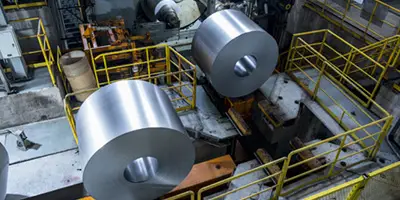
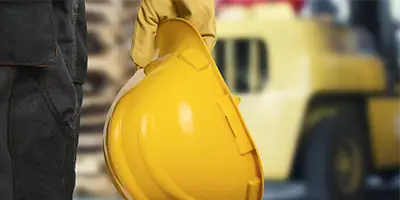
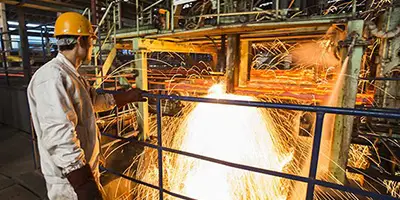
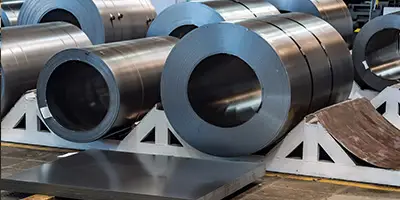

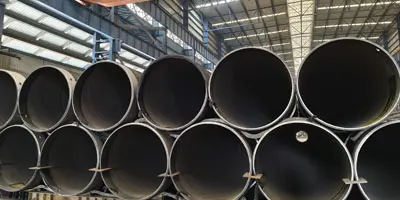
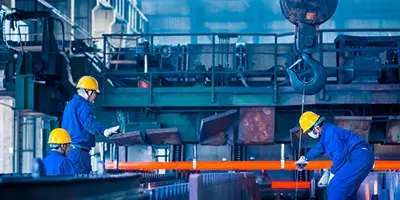
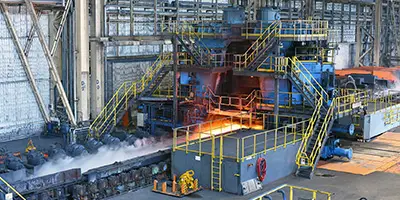
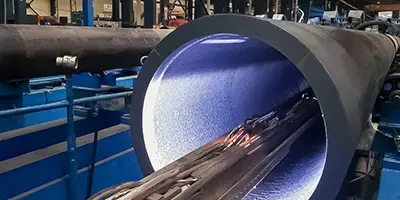
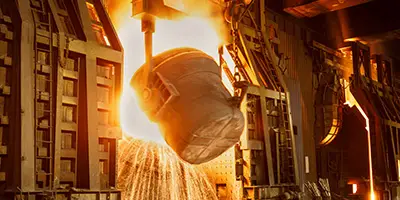
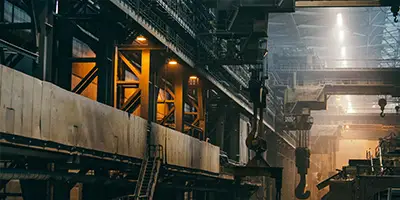

 Phone :
Phone :  Whatsapp :
Whatsapp :  Email :
Email : 


